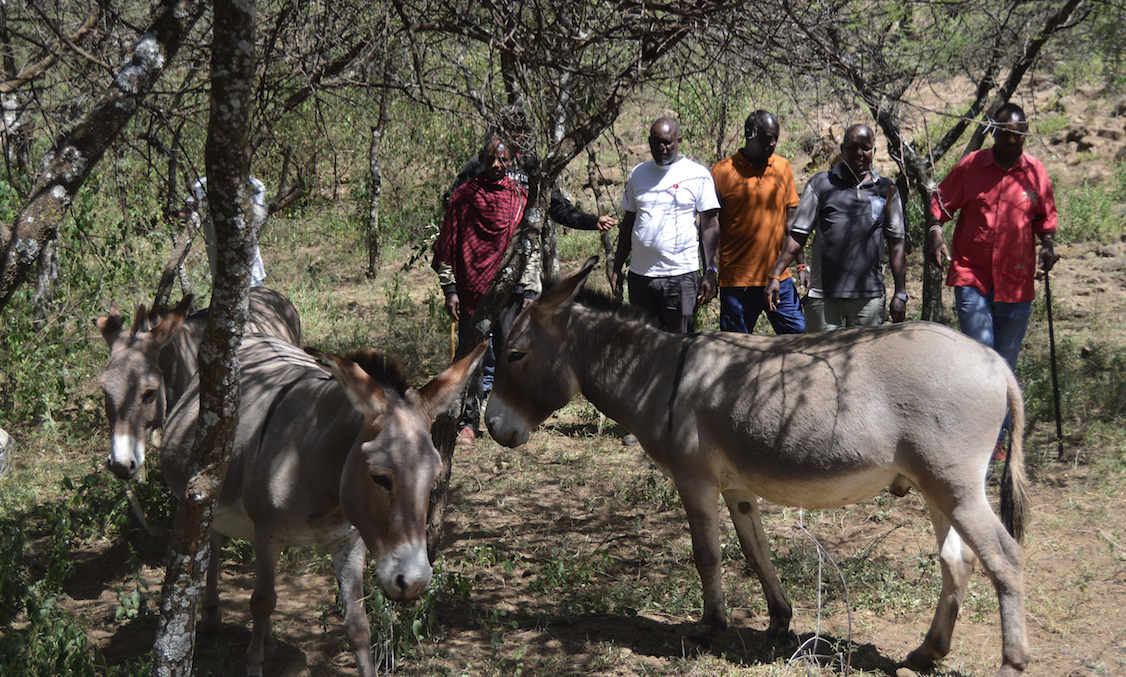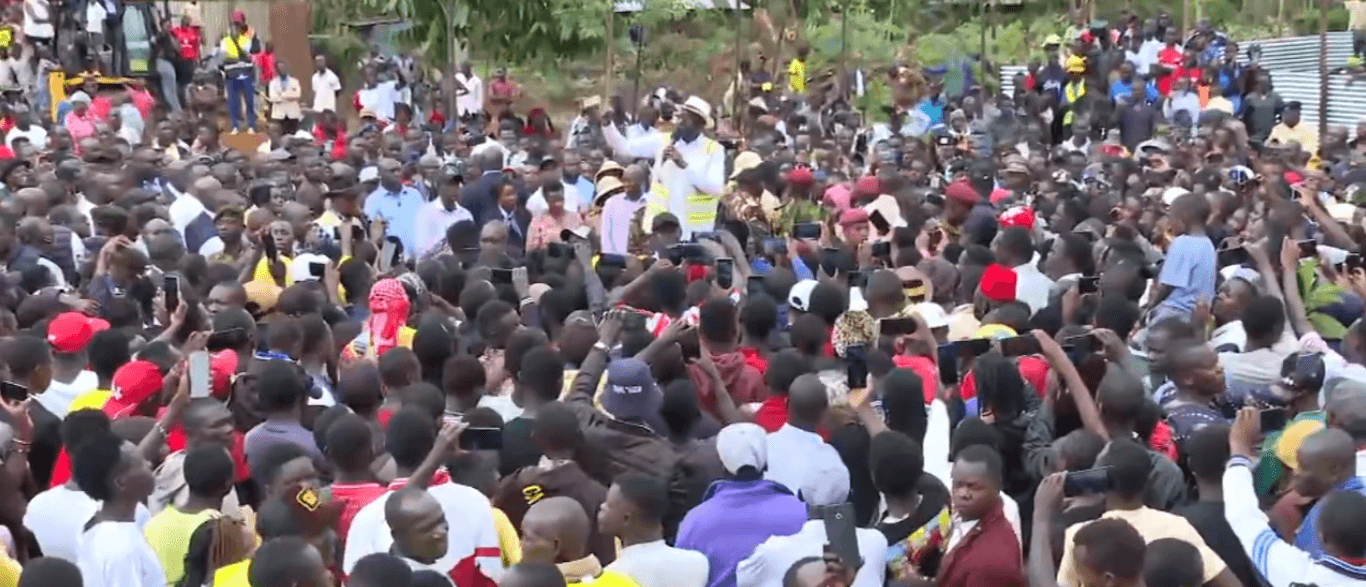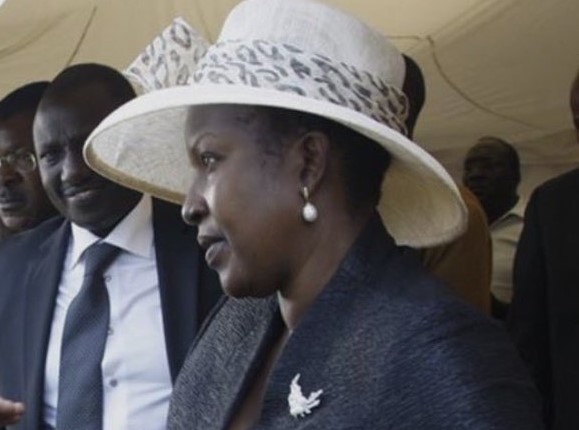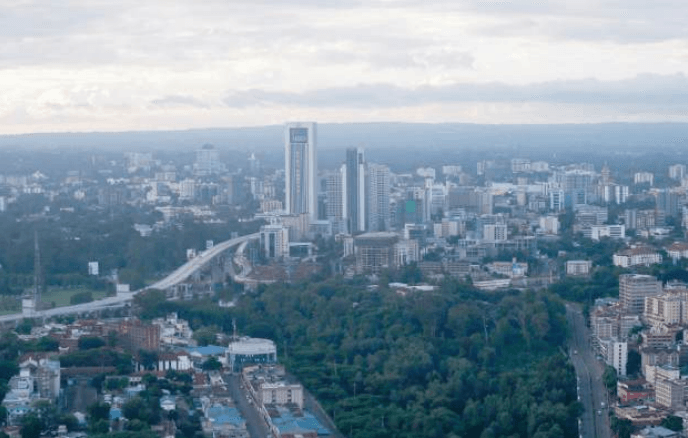
The fight against theft and illegal slaughter of donkeys in Narok and Kajiado counties has gone a notch higher after residents from the Ewaso Kidong area, which borders the two counties, ganged up to ban donkey slaughter on their land.
The residents said their parcels of land were being used for donkey slaughter, where tens of donkeys would be slaughtered in a day and meat transported to other counties to be sold to unsuspicious customers.
The illegal donkey slaughter has led to the degradation of the environment and exposed the residents to airborne diseases.
One of the elders, James Ole Timput, said there are huge losses caused by donkey slaughter in the area, which has compromised the economic growth of the residents who mainly depend on donkeys to earn a livelihood.
He said a donkey is a close ally to human beings as it helps ease their burden of fetching water, and transporting firewood and sick people to the hospital among other roles.
However, the donkey's population has been dwindling with time raising concern over its future, owing to the long time it takes before calving.
“I had many donkeys but currently I have only three that remained after others were stolen,” Ole Timput said, admitting that it’s very hard to trace a stolen animal as they are slaughtered in the neighbourhood.
He said the criminals take advantage of the vast bushy land to slaughter the donkeys, saying sometimes his land is used for slaughter without his knowledge.
“Someday when I was moving around my shamba, I found out that donkeys had been slaughtered there. My efforts to involve the police officers to arrest the criminals were futile as the culprits had already escaped,” he said.
“If you want to slaughter a donkey, please do not do it at my farm because I am not a donkey eater; a donkey is my friend and if my friend is gone, who will be left to help me?” Ole Timput said.
He reiterated that the elders in the area had vowed to release a curse to any individual who would allow their pieces of land to be used for donkey slaughter.
“It is not easy for elders to curse someone, but in this case, we will release a curse on anyone who will allow their land to be used for donkey slaughter,” he said.
Another village elder Nesta Ole Ita said donkey slaughter started two years ago like any other business but with time, became a mega business where hundreds of donkeys would be driven into the area to be slaughtered in the thick bushes.
He said even after the residents involved the security officers, donkey slaughter still continued, with many donkeys being pushed from as far as the neighbouring country, Tanzania to be slaughtered in the area.
“This has led to a decrease in the donkey population in this area. In the past, you would find a homestead with tens of donkeys; currently, it is impossible to find a homestead with more than five donkeys.”
The bush slaughter has attracted wild animals like hyenas that come to feed on the carcasses, which poses a big threat to their livestock.
Ole Nkaburi Koin, a traditional chief, reiterated the elder’s agreement to curse any person who will allow their land to be used for donkey slaughter.
“Those who slaughter donkeys in the land will be cursed by the elders so that they will never enjoy the labour of their hands,” he said.
The elders’ decision comes a month after Narok and Kajiado county commissioners held a joint meeting to sensitise residents on the danger of exposing their land for donkey slaughter.
The two administrators vowed to fight the illegal trade.











